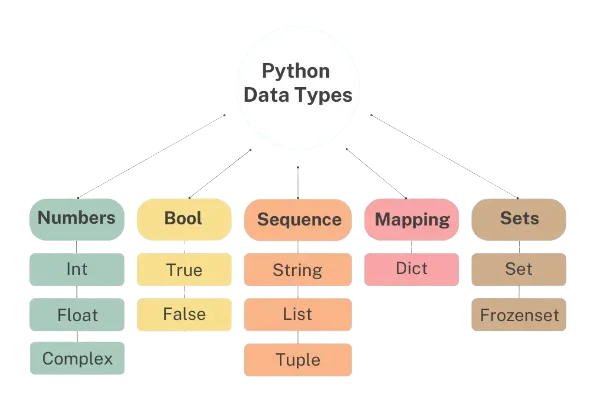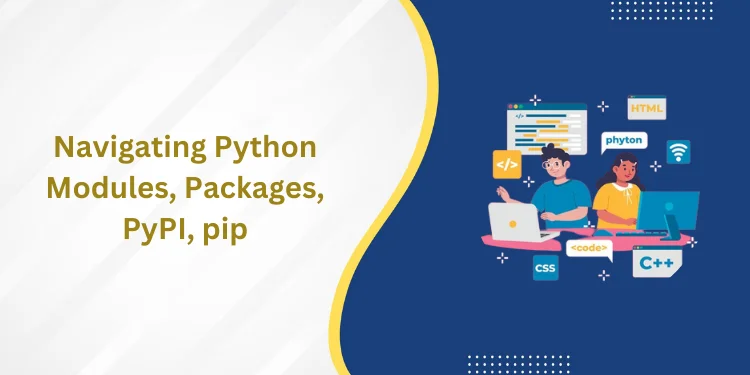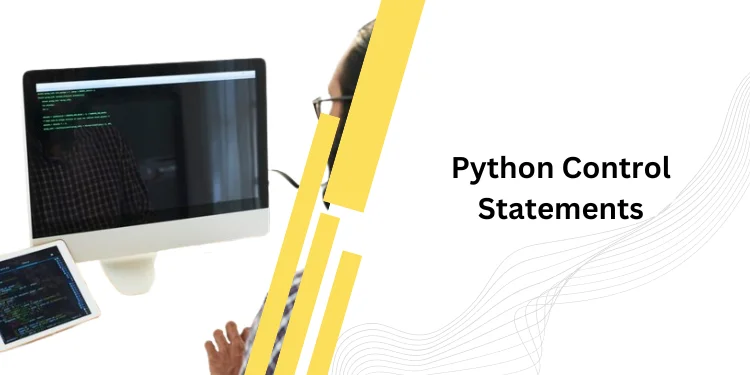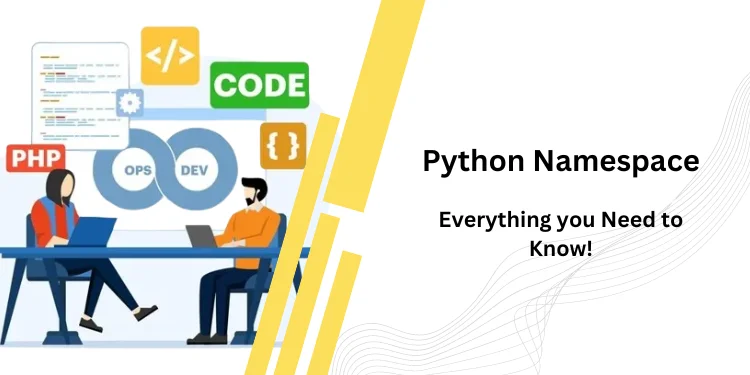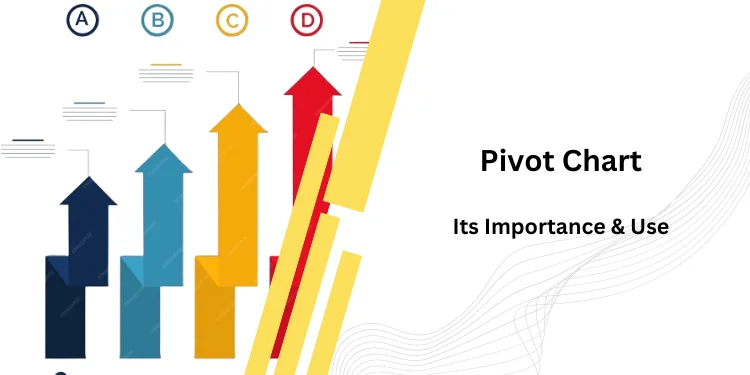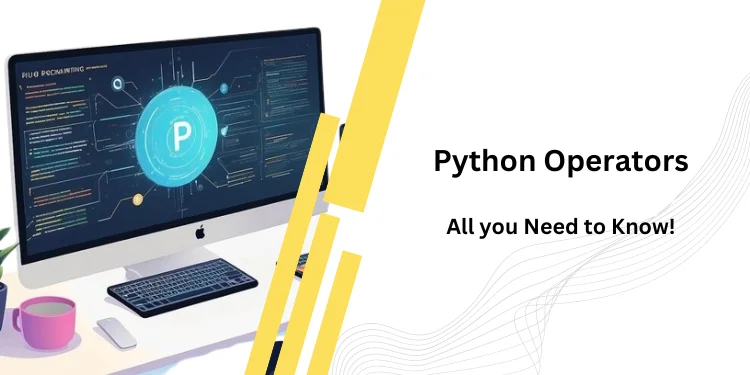Table of Contents
ToggleIntroduction
Want to develop your career in the field of cloud computing but are worried about the future, scope, salary, and growth of cloud engineers?
According to DC forecasts by the end of 2025, the market value of cloud computing will cross 1.3 trillion USD. This article will help you in removing all your confusion and will assist you in gathering all information about the future of cloud computing in India and also how to become a successful cloud engineer.
Over some of the last few years, the future of cloud computing has modified rapidly. Now, the world is strongly connected to ensure that service providers provide digital technologies. This is one of the main reasons why the scope of cloud computing has been changed.
The number of job openings, research investments, and technologies required to determine the scope in future of cloud computing has also increased. This is the main reason we come across many impressive trends in Cloud Computing.
In the present scenario, in cloud computing data is not that much secured which is the biggest issue for an organization that has deployed its sensitive data to the cloud.
But in the future, it is predicted that the cloud security issue will be resolved by the developers and the cloud system will become a 99% secured system so that organizations can rely upon cloud computing.
About Cloud Computing
Client devices can access data from databases, remote servers, and computer systems via the internet and cloud computing.
The front end (browser, client device, network, and cloud software programs) is connected to the back end via an internet network connection (databases, servers, and computer systems). The back-end acts as a source, storing data that the front-end can access.
Communications between the front and back ends are handled by a central server. The central server depends on protocols to facilitate the interchange of data.
To manage the connection between multiple cloud servers and client devices, the central server uses both software and middle-ware. Each program will typically have its own server.
Future of Cloud Computing
1. Better Cloud Services:
To begin with, the future of cloud computing in organizations and the education sector around this domain will witness the power of sound services future of cloud computing.
Better cloud services can be listed into 3 types. You have infra as a service, second platform as a service, and lastly software as a service. These are 3 important types of services used by user-friendly and traditional organizations.
When more and more services can assist these facilities, it takes fewer efforts from organizations to shift. In the long run, more schools and colleges will begin to leverage the perks future of cloud computing.
2. Cloud Security:
One of the most important areas of discussion around cloud computing technology is the cloud security provided by cloud networks. Service providers are required to make sure that the data is stored both securely and safely.
This calls for more knowledge and skill in cloud computing. Indeed, this is one of the main reasons why the future of cloud computing is bright in jobs.
Companies will need skilled employees who can promise safety in every stage of cloud services. It is also necessary for service providers to make sure that cyber-attacks are kept at bay. Even small companies or startups that don’t prioritize cloud security are required to modify their business model.
In the coming days, studies and technologies that focus on the improvement of the scope in future of cloud computing security will have a stronger platform to test their theories.
3. Modular Software Development:
Modular software development is known as a cornerstone that can bend the future of cloud computing technology. Why? In order to use cloud computing technologies, code and applications have to be divided into a number of segments, which are not linked with each other.
This makes it easier for the coding team to deploy their programs into the cloud network. Also, it makes it simpler for people to get the content from remote locations. On the other side, cloud security and the availability of features get better when code is modular. In the long run, companies that spend money on modular code can save this money too.
4. Market Growth:
According to DC forecasts by the end of 2025, the market value in future of cloud computing will cross 1.3 trillion USD. This is not going to come down in the next upcoming days. Mainly due to this reason, the future use of cloud computing is only going to increase.
Even big brands and Fortune 100 companies are adapting their products and services to the cloud. Meanwhile, the spending patterns of companies on the on-premise infrastructure have been coming down. These are pointers for a better and more promising future in cloud computing.
Undeniably, the market in future of cloud computing, a long-term forecast, will just increase at a very fast speed.
5. Virtualization:
Finally, we are required to focus on the future of virtualization in the form of cloud computing. This is an interesting and new technology that has plenty of scope for R&D. To start with when virtualization and cloud computing are brought together, a unique architecture is needed.
This could be a development that parallelly maps to the merits of the Computing Cell. And, the computing cells are famous for their consistent required for finer and sophisticated software infra, which is connected with intricate features such as third-party authentication, encryption, reliable network segmentation, and efficient and data management systems.
Each of these improvements required to be provided through all channels in the cloud. And, it is necessary for the vendors to ensure that their cloud technology meets these standards. Virtualization and cloud can bring to light a hybrid IT system, which is a challenge and a kind of headache today.
Scope of Cloud Computing
All of the predictions prove that the scope of growth for cloud computing is very much. More and more companies are required to adopt the use of this technology. They need to restructure and invest in coding standards that will allow for a smooth transition to the cloud network.
Also, future of cloud computing is mainly associated with concepts like the IoT (internet of things). When data gets saved in the cloud, it becomes easier for IoT to ensure performance, functionality, and security.
The only demerit would be the speed of the network, which controls the pace at which data is collected and processed. If the network is quick and fast to transmit data, every other thing about the usage in future of cloud computing will fall in place.
1. Salary Of Cloud Engineer:
Salary of cloud engineer based on experience:
Let’s take a look at the cloud engineer incomes based on experience.
Experience | Average Salary per annum |
0-3 years | ₹12,41,000 |
4-6 years | ₹17,44,817 – ₹19,00,369 |
2. Salary based on location:
In India, the IT hubs are Karnataka, Mumbai, and Tamil Nadu. Cloud engineers’ pay varies as well because the need for cloud engineers varies by country. So, let’s look at how much money t
hese cloud developers make in these IT hubs.
Job Location (State) | Average Salary per annum |
Karnataka | ₹9,14687 |
Maharashtra | ₹7,19,119 |
Tamil Nadu | ₹4,27,000 |
3. Salary Based Upon Job Role:
Solutions Architect, SysOps Engineer, and DevOps Engineer are a few of the prominent job roles in cloud-related fields. Cloud engineers with certifications from cloud providers such as AWS, Azure, and GCP.
Each certification focuses on a particular aspect in future of cloud computing. After becoming a cloud engineer, it’s mainly a specialty.
Let’s look at how much each of these cloud engineers earns on average.
Job Role | Average Salary per annum |
Solutions Architect | ₹6,46,077 |
DevOps Engineer | ₹7,13,797 |
SysOps Engineer | ₹8,35,000 |
4. Salary Based Upon Skill:
Salary is dependent on a variety of factors. The main abilities and their impact on pay are listed below.
Skills | Average Salary per annum |
IT Security and Infrastructure | ₹1,228,902 |
Cloud Computing | ₹894,979 |
Amazon Web Services | ₹9,00,000 |
Linux | ₹874896 |
Microsoft Azure | ₹825043 |
Cloud Computing Benefits
Nowadays the business environment depends more and more on devices with Internet of Things abilities (especially smartphones). As a result, many offices are converting into virtual work-spaces. Therefore, easier and more efficient access to data can be done through future of cloud computing.
According to a recent study by a market research company, Vanson Bourne declared that future of cloud computing is having a measurable business impact. Organizations that have adopted cloud services have seen a nearly 21% accelerated market speed, a 19% jump in process efficiency, and a 20% uplift in organizations’ growth.
Here is a list of benefits of cloud computing can provide to an organization:
- Cost flexibility: Future of Cloud computing turns traditional capital expenditure (CAPEX) spending on its head; instead, the vast majority of cloud spending is OPEX (operational expenditure). As a third-party provider will be responsible for the maintenance, An organization doesn’t have to provide money to a support team to solve the problem of servers.
- Improved mobility: Using the cloud, apps and data can be accessed anywhere and anytime. And that’s all because of the ever-increasing number of mobile devices like tablets and smartphones. The “anywhere, anytime” advantage also particularly applies to business. Employees gain flexibility, becoming more efficient with workflows and service for the customer also increases.
- Increased collaboration: Future of Cloud computing is basically developed for the betterment of work processes, and that involves data flow between coworkers and business partners. Organizations demand more apps for streamlined workflows and file sharing. Remote workers can quickly connect and communicate with fellow employees and important clients and even can transfer data over the cloud networks.
- Economies of Scale: Future of Cloud computing compresses the cost by holding economies of scale. According to a study by Booz Allen Hamilton, the cloud strategy could reduce the cost of deploying 1000 servers by 50 to 67 %. Cloud customers can take benefits of lower costs from providers’ economies of scale, reducing their investments in on-premises infrastructure.
- Operational: Technology is not perfect and even in the future also it will not, but some of them are just less complex than others. That includes the infrastructure of cloud computing, which usually runs on different servers using a third-party vendor. So, when problems do arise, it’s the vendor’s job to fix the problem instead of having an on-site IT staff who will spend time and resources on fixing the issues.
Road-map To Become a Cloud Engineer
Step 1: Learn how to use a future of cloud computing platform
The first step to becoming a cloud engineer is to gain knowledge in one of the 3 major cloud computing technologies—AWS, Azure, or Google Cloud Platform (GCP). There are many resources that you can find out online, like YouTube videos, educational articles, and virtual or physical training, to get basic knowledge.
Once you’ve done with this, you can move on to the next step that is to get certified in any of the respective environments.
For AWS, multiple certifications can be listed into 4 categories:
- Foundation (basic)
- Associate
- Professional
- Specialty-level
Similarly, for Azure, there are various training certifications and paths, as the graphic below given:
Most cloud computing platforms offer a no-cost tier of service. This is especially beneficial while you are thinking about choosing which provider to move to—or, whether you need to migrate your workloads to more than one cloud-based on your business needs and the ROI you want to attain.
Step 2: Programming Language Experience in at Least One
Unlike general-purpose programming languages like C and C++, cloud computing needs data-oriented programming languages, such as Python, Java, and Clojure. To gain proficiency in these languages, you can use blogs, videos, online/offline classes, and other free resources available online also.
Step 3: Specializing
Apart from having knowledge in future of cloud computing platforms and being experienced in at least 1 programming language, you will also need some understanding of key concepts like:
- Storage and Networking
- Virtualization and Operating Systems
- Security and Disaster Recovery
- Web Services and DevOps
Related Topics:-
Top 10 Trending Cloud Computing Tools
Conclusion
Cloud computing will be like a revolution for India to develop entrepreneurs and will be the cost-saving key pillar to develop new businesses and startups. It will be the easiest way to build the infrastructure of startups.
Also, Indian start-ups and established enterprises will get a lot of financial benefits by adopting future of cloud computing technology. According to the International information corporation (IIC) analysis, there is no doubt that Cloud will increase about $3.5 billion in markets in India by this year in the end.
For this India will require a strong platform to make, handle and run its cloud applications and services.
If you are looking for an extensive course in future of Cloud Computing, you can check out the DataTrained Cloud Computing Course. This program will help interested learners become complete Cloud professionals.
Frequently Asked Questions
Why is the future of computing in the cloud?
Because cloud computing makes resources available in minutes, businesses can respond to new market developments much more quickly. The inherent agility of cloud resources is closely related to DevOps, which realigns software development and deployment to create continuous integration and continuous delivery.
Is cloud computing a good career for future?
Cloud experts are in high demand, and as the reliance on remote access grows, so will the demand for talented IT professionals with specialised cloud computing skills. Cloud computing is a database and software system that is typically run in data centres and warehouses.








